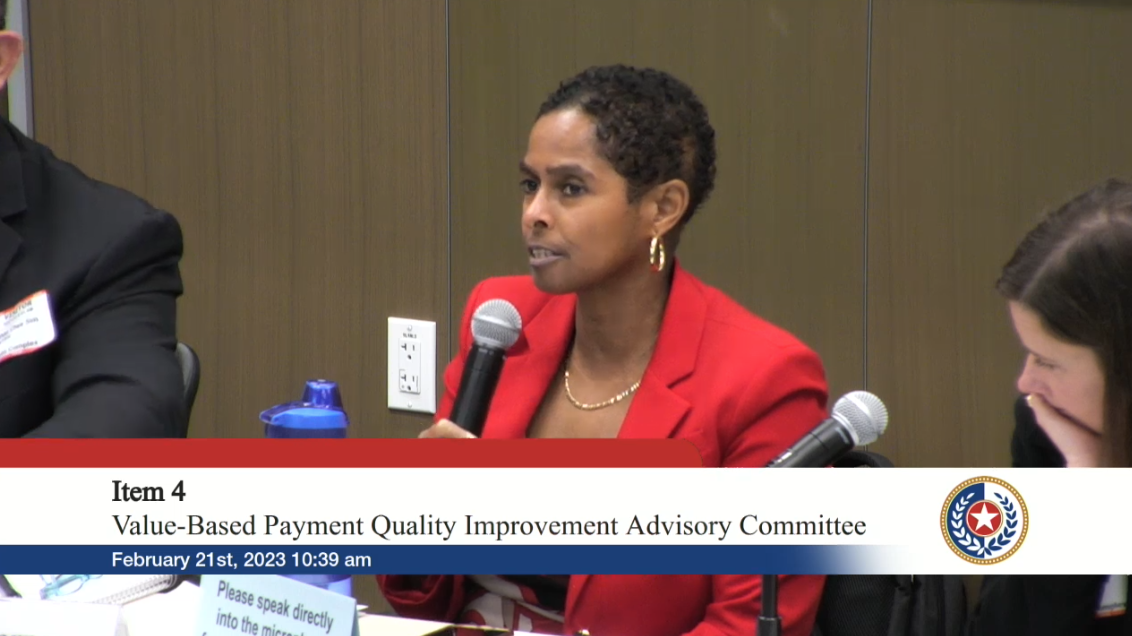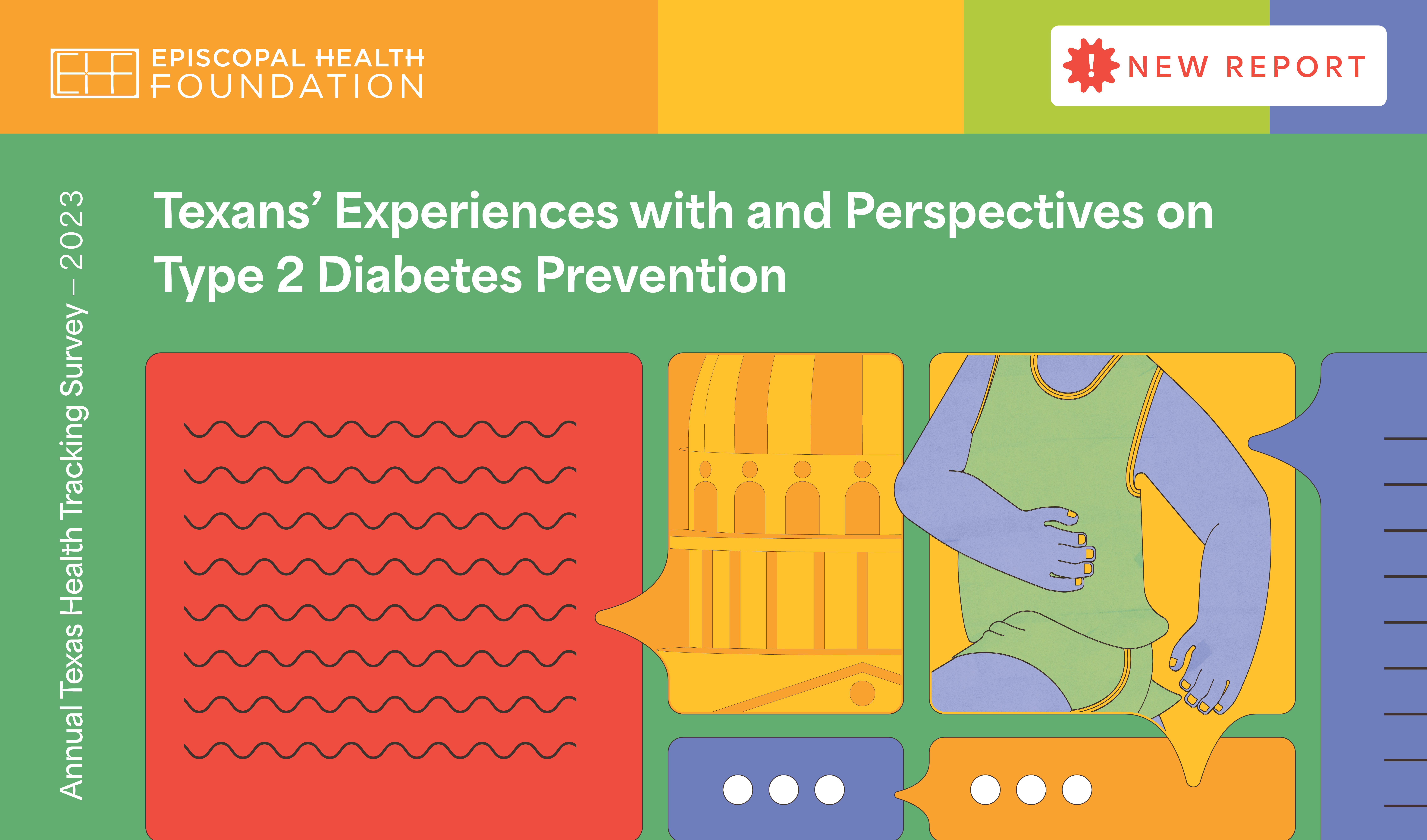
With support from Episcopal Health Foundation and a wide range of partners, these new policies reflect a broader understanding that health starts long before someone walks into a doctor’s office. Governor Greg Abbott signed off on the new bills and budget measures in early June. This progress signals growing momentum to invest in conditions outside the doctor’s office that shape community health.
Bringing nutrition into Medicaid
For the first time, Texas Medicaid will test how food and nutrition services can improve health for pregnant Texans with chronic conditions. HB 26 allows managed care organizations to offer nutrition services “in lieu of” other Medicaid-covered services when clinically appropriate and cost-effective. The law also establishes a pilot program to provide medically-tailored meals and nutrition counseling for pregnant Medicaid recipients facing chronic health conditions.
“These changes reflect a growing understanding that what’s on your plate can be just as important as what’s in your prescription bottle,” said Dr. Ann Barnes, EHF’s president and CEO. “This is a meaningful step toward addressing chronic disease through prevention, not just treatment.”
Focusing on diabetes prevention
The Legislature also took action to explore new ways to prevent diabetes. Rider 38 directs Texas Medicaid, in partnership with Department of State Health Services, to study the cost effectiveness of the Diabetes Prevention Program (DPP) and how DPP could be implemented for Medicaid recipients at risk of developing Type-2 diabetes. It gives Texas Medicaid broad authority to look at DPP and any other strategies to prevent diabetes. State agencies are required to provide recommendations to lawmakers in 2026.
Another milestone: the creation of the Dementia Prevention and Research Institute of Texas. If approved by voters in November, the new institute will fund research and prevention strategies for conditions like Alzheimer’s and Parkinson’s disease, with a specific focus on the links between cognitive health and chronic diseases like diabetes.
Supporting healthier pregnancies and maternal outcomes
Maternal health was another key focus this session. The approved state budget includes $5 million in grants for community-based maternal health programs that aim to reduce severe complications and improve pregnancy outcomes.
Lawmakers also approved HB 136, which adds lactation consultation as a stand-alone benefit that is covered by Medicaid health insurance. The change allows certified providers to bill directly for their services, expanding access to breastfeeding support and aligning Texas Medicaid policy with national recommendations.
Building infrastructure for healthier communities
The session included important investments to strengthen the health system. HB 3151 streamlines Medicaid credentialing for Federally Qualified Health Centers, helping ensure medical and health providers are reimbursed more efficiently as they expand services to meet community needs.
Additionally, the state budget includes $107 million to improve Texas’s eligibility systems for various health-related benefits. It’s a critical update as families continue navigating Medicaid renewals following the end of pandemic-era protections.





